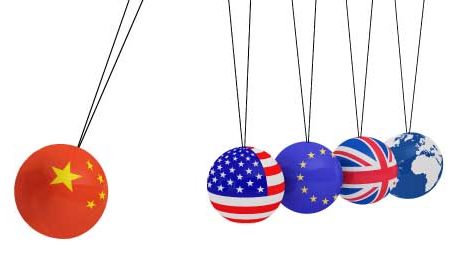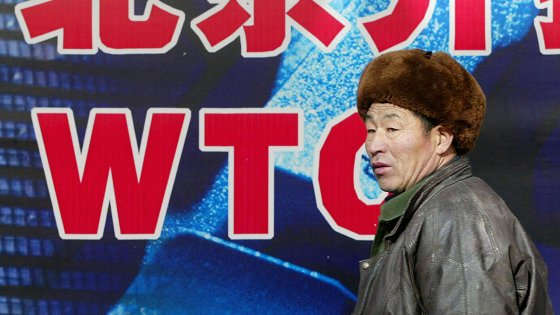
Not a market economy: China reacts against EU and US
On 11th December 2001, with the influential support of the then-President of the United States, Bill Clinton, who was one of the main booster of opening trade with China, Beijing gained entry into the World Trade Organisation (WTO). The accession provided the country with permanent normal trade relations, yet it did not granted also the designation of market economy status (MES), which has been one of the most coveted goals of Beijing since.
After 15 years from its entry into the organisation, China is arguing that it should be automatically entitled to MES as according to its protocol of accession. What makes Beijing especially unhappy is a provision that allows trading partners to use a so-called analogue country methodology to determine tariffs for dumped goods, which makes it relatively easy to prove Chinese dumping as it allows the use of prices of a third country to determine what the price of Chinese goods would be if market conditions were in place. Therefore, winning such a status would not only has a symbolic meaning for the Middle Kingdom, but would also make it more difficult for the other countries to pursue cases against dumping.
However, China’s dream does not seem likely to come true any time soon. Long before the “deadline” of December 11th, the EU, US, Japan, together with other countries, have already shown not to be in support of the move. To dispel any doubts, US representatives openly clarified that the terms of China joining the WTO do not require any WTO country to be provided with MES. China’s Commerce Ministry followed, declaring that “China urges those World Trade Organization members, who have not yet implemented their obligations under clause 15, to fulfil their obligations as soon as possible to avoid affecting the normal development of bilateral economic and trade relations. For the small number of members who insist on using surrogate country approaches after December 11th, China will take necessary measures in accordance with WTO rules to firmly protect our legitimate rights.”

Wasting no time, right after the alleged day of the long-awaited designation, Beijing launched legal action against EU and US over their reluctance to treat it as market economy and failure to drop their anti-dumping methodology in time. Brussels replied saying that the dispute comes after the EU Commission has already started working on a draft amending the legislation, to remove the distinction and non-market economies in its trade law. Anyway, both Brussels and Washington, specified on Thursday that China had so far not done enough to qualify for the status, especially in steel and aluminium. In these two industries – they believe – China’s unfair trade has led to a significant overcapacity of global supply, in so doing threatening the viability of competitive international firms.
Even if immediate effects of the dispute are not expected, analysts fear the situations is to heighten the risks of a trade war, also considering the caustic rhetoric on China of the US President-elect Donald Trump. Apart from rhetoric, there are signs to show that battles are already being fought: the US last week imposed punitive anti-dumping tariffs on Chinese-made washing machines, imports which were worth more than the equivalent of €1 billion in 2015, and also announced the launch of an anti-dumping investigation into Chinese plywood imports.




